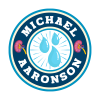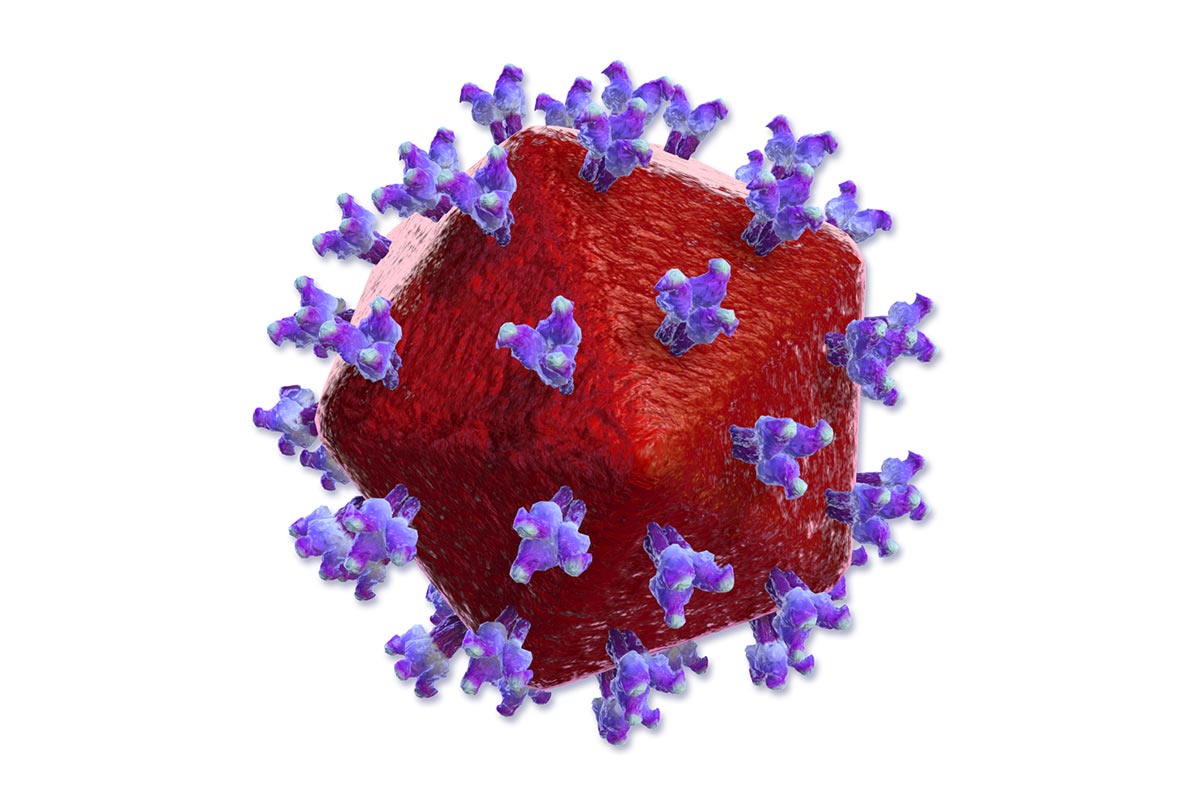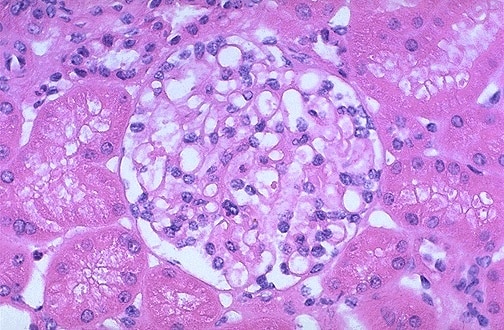Background:
35-year-old female recently started on an SGLT2 inhibitor for chronic kidney disease presents with dysuria, frequency, and urgency for 3 days. Urine studies are positive for nitrites and leukocyte esterase. The patient is not pregnant. The patient is a type 2 diabetic. The patient does not have candida in the urine. The resistance rate of trimethoprim-sulfa in the community is low.
Please answer the following questions:
What is the diagnosis?
Uncomplicated cystitis in a patient that is not pregnant.
What is the most appropriate treatment for uncomplicated cystitis in the above setting?
A
Fosfomycin single dose
B
Nitrofurantoin for 5 days
C
Trimethoprim-sulfamethoxazole for 3 days
D
Ciprofloxacin for 7 days
C
Trimethoprim-sulfamethoxazole for 3 days
Which pathogen is NOT commonly implicated in cystitis?
A
Escherichia coli
B
Proteus species
C
Klebsiella species
D
Pseudomonas aeruginosa
D
Pseudomonas aeruginosa
Why should trimethoprim-sulfamethoxazole not be chosen as first-line therapy in areas with a high local resistance rate?
A
Due to severe side effects
B
Due to common resistance in the community
C
Due to high cost
D
Due to limited availability in pharmacies
B
Due to common resistance in the community
Which type of antibiotics is not preferred as a first-line treatment for uncomplicated cystitis in nonpregnant individuals?
A
Amoxicillin-clavulanate
B
Trimethoprim-sulfamethoxazole
C
Oral cephalosporins
D
Fluoroquinolones
A
Amoxicillin-clavulanate
Why are β-lactam antibiotics commonly used to treat cystitis in pregnant patients?
A
They have higher efficacy than other agents
B
They are contraindicated in pregnant patients
C
They have lower teratogenicity
D
They are the first-line treatment for cystitis
C
They have lower teratogenicity
Discussion:
Related Posts:
Michael Aaronson MD, Business Card play-button1 Can you calculate the number needed to treat with the provided data? Hint: calculate the absolute risk reduction first. A nephrology (kidney) clinic performs a randomized clinical trial using an investigational blood pressure lowering method that is injection based. The patients are assigned randomly to either the intervention or…
Continue Learning Using The Number Needed To Treat In Nephrology, Quiz With Solution
Michael Aaronson MD, Business Card play-button1 A 33-year-old female with HIV and hepatitis B, HBV, is diagnosed with tenofovir nephrotoxicity. What is your next step? The patient has had HIV for 3 years. She also has a history of hepatitis B virus, HBV. Her HIV is well controlled and her HIV medications include the TDF…
Continue Learning Treating Tenofovir Nephrotoxicity in HIV, Quiz With Solution
Background: Patient with diagnosed minimal change disease recently started prednisone. Presents with swelling and needs edema treatment. Takes blood pressure medication. Has chronic kidney disease, CKD 3B, and an increased uACR of 3578. Patient with minimal change disease and swelling. Needs edema treatment. The patient’s medications include: losartan 100 mg daily, amlodipine 5 mg daily,…
Acute Interstitial Nephritis – Kidney Quiz With Solution by Michael Aaronson, Lincoln Nephrology and Hypertension




